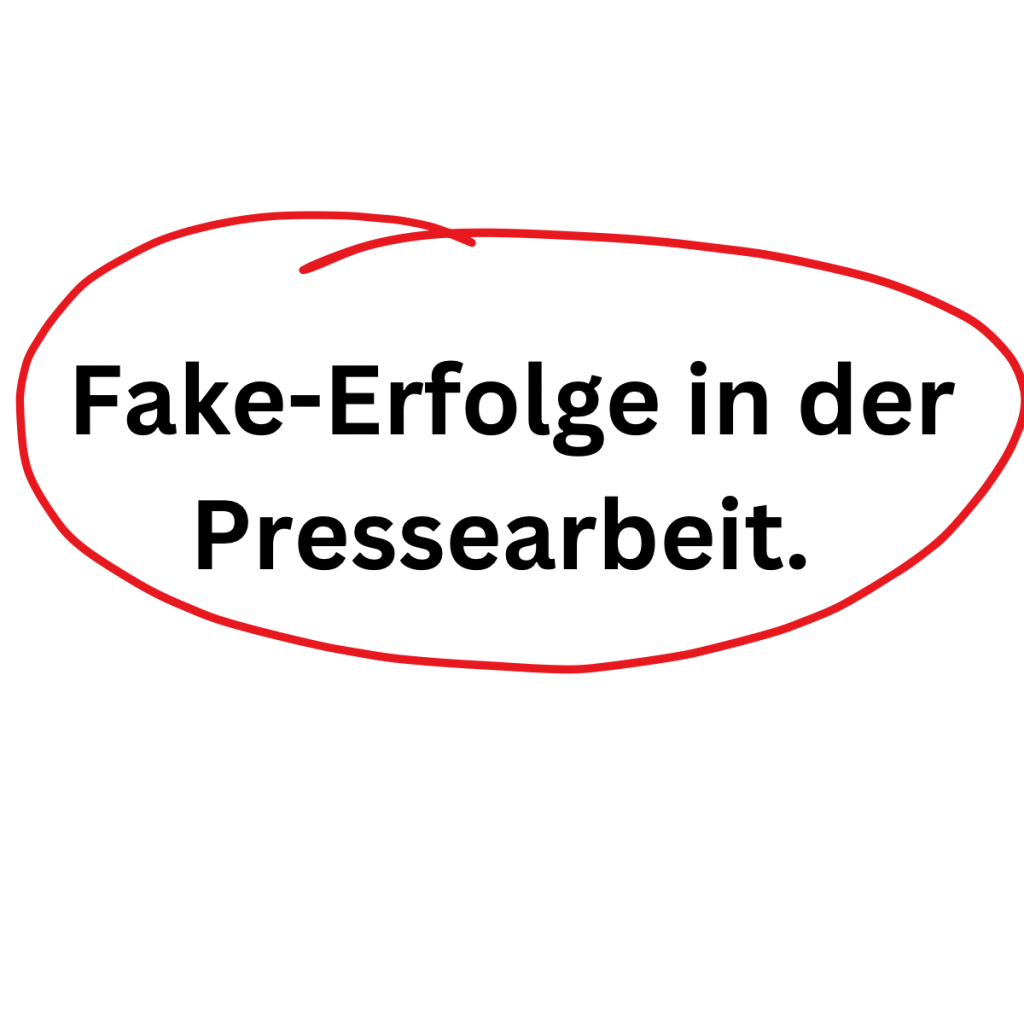Wir verhelfen Industrieunternehmen zu mehr Sichtbarkeit. Unsere Arbeitsgebiete sind die Markteinführung neuer Technologien, Produkt-Kommunikation für Technologie-Produkte und -Dienstleistungen, die Kommunikation von Themen der Nachhaltigkeit sowie die Positionierung von Unternehmen und Institutionen und deren Imagepflege.
Customized PR aus Nürnberg: Wassenberg Public Relations für Industrie & Technologie
Customized PR

Warum Customized Public Relations?
Gemeinsam mit Ihnen analysieren wir Ihren Kommunikationsbedarf und für welche Themen sich Ihr Unternehmen eignet. Für Unternehmen ohne eigene Marketingabteilung decken wir ein großes Spektrum an Kommunikationsleistungen ab.
Für große Unternehmen sind wir PR-Spezialisten für ein definiertes Aufgabenspektrum. Seit über 25 Jahren betreuen wir jeden Kunden individuell – und nennen das Customized PR.
Kommunikationsleistungen
Wir sind B2B Profis, die über den Tellerrand der Technologiekommunikation hinausblicken können. Im Laufe der Jahre haben wir auch für Unternehmen gearbeitet, deren Produkte nicht der Technik zuzuordnen sind. Gleichwohl ist die Fokussierung auf Technologieunternehmen unsere Spezialisierung.
Neueste Beiträge aus dem PR-Blog
Fake-Erfolge in der Pressearbeit
Manche Dienstleister für PR-Schaffende sind recht einfallsreich, um ihre „Dienstleistung“ an das Unternehmen zu bringen. Das Ziel: unerfahrenen Marketingverantwortlichen und Geschäftsführern Presseerfolge zu suggerieren, wo keine sind.
Floskeln
Woher kommen die inhaltsleeren Sprachschnipsel, die wir als Füllwörter und Floskeln bezeichnen, in unserem Sprachgebrauch?
PR-Lexikon
In unserem PR-Lexikon erklären wir Fachbegriffe der Branche in verständlichen Worten.
So zum Beispiel:
Agenda Setting bedeutet: Medien setzen Themenschwerpunkte. Ein Beispiel: Spiegel, Süddeutsche und Focus entscheiden unabhängig voneinander, die Benachteiligungen von Frauen in der Berufswelt zu beleuchten. Da die drei Leitmedien-Funktion haben, widmen sich auch andere Medien dem Thema. Es wurde auf die Agenda (lat. agenda, „die Dinge, die getan werden müssen“) der Medien gesetzt und wird so massiv ins Bewusstsein der Öffentlichkeit vordringen. Für die PR-Arbeit bedeutet das: Aktuelle Themen können als Aufhänger für die Medienarbeit genutzt werden. So kann ein Unternehmen in einer Pressemeldung oder Case Study beschreiben, wie es seine weiblichen Mitarbeiter aktiv fördert. Da die Medien durch das Agenda Setting empfänglich für das Thema sind, steigt auch die Chance einer Berichterstattung über dieses Unternehmen. PR-Arbeit kann auch selbst durch gezielte Medienarbeit Agenda Setting betreiben. Das setzt aber voraus, dass das Thema in den Medien aufgenommen wird.
Der Begriff Public Relations (Abkürzung PR) stammt aus dem Englischen und bedeutet im Deutschen Presse- und Öffentlichkeitsarbeit. Das trifft es im Deutschen sogar genauer, denn die fälschlicherweise oft verkürzte Wahrnehmung von „PR = Pressearbeit“ deutet nur auf eine Teilaktivität hin.
PR bezieht sich auf die Praxis, Informationen zwischen einer Organisation oder einer Person und der Öffentlichkeit auszutauschen, um ein positives Bild aufzubauen und aufrechtzuerhalten.
Genauer gesagt sprechen wir in der PR von verschiedenen „Teil-Öffentlichkeiten“, die man auch Zielgruppen, Dialoggruppen oder Stakeholder nennen kann und die mittels unterschiedlicher Maßnahmen angesprochen werden können, eine davon ist die Presse- bzw. Medienarbeit.
Die PR wird oft Edward Bernays zugeschrieben, der als „Vater der Public Relations“ gilt. Bernays, ein Neffe Sigmund Freuds, war ein Pionier in der Anwendung von Psychologie und Propaganda-Techniken, um Meinungen zu formen und die öffentliche Wahrnehmung zu beeinflussen. Er prägte den Begriff „Public Relations“ in den 1920er Jahren, als er Methoden entwickelte, um die öffentliche Meinung für politische und kommerzielle Zwecke zu lenken.
Ursprünglich wurde der Begriff „Public Relations“ als Alternative zum Begriff „Propaganda“ verwendet, da Letzterer nach dem Ersten Weltkrieg aufgrund seiner negativen Konnotationen an Akzeptanz verlor. PR hat sich seitdem zu einem breiten Bereich entwickelt, der verschiedene Kommunikationsstrategien und Techniken umfasst.
Manche bezeichnen Public Relations als eine indirekte Form der Werbung, weil PR dazu beiträgt das Interesse an einem Unternehmen, einer Dienstleistung, einer Person oder einem Produkt zu wecken; dies jedoch in versteckterer Form.
Die Formen von Public Relations sind heute vielfältig: wir begegnen ihnen in den traditionellen Tageszeitungen, auf modernen Online-Redaktionsplattformen, auf YouTube, LinkedIn, Instagram und anderen Social Media Kanälen sowie in Form von Sponsoring Aktivitäten, Broschüren, Podcasts, Vorträgen, Diskussionsteilnahmen und vielem mehr.
Standort-PR-Maßnahmen (auch Community Relations genannt) pflegt ein Unternehmen seine Beziehungen zu seinem direkten Umfeld. Das können sein:
- die Kommune, Gemeinde oder Stadt, in der sich das Unternehmen befindet
- regionale Banken und Investoren
- regionale Ämter
- die Bürger dieses Ortes
- die unmittelbaren Nachbarn
- soziale, kulturelle oder sportliche Einrichtungen vor Ort
Instrumente der Standort-PR sind zum Beispiel Tage der offenen Tür, Sponsoring-Aktivitäten, Mitgliedschaften in Gremien und Ausschüssen sowie die regionale Medienarbeit.
Community Relations sind auch für Unternehmen wichtig, dir ihre Kunden nicht in ihrer direkten Umgebung haben. Ein Unternehmen wird immer von den heimischen Medien und der direkten Nachbarschaft wahrgenommen, dessen sollte man sich bewusst sein. Standort-PR schafft Vertrauen und Bekanntheit im direkten Umfeld. Sie bietet folgende Vorteile:
- bessere Mitarbeiterbindung, -motivation und -gewinnung
- Vertrauensbasis bei Neu- oder Anbauten
- Vertrauensbasis bei regionalen Kreditgebern und Investoren
- Kommunikatives Abfedern standortbezogener Krisen (Entlassungen, Betriebsunfälle, Umweltskandale, etc.)


